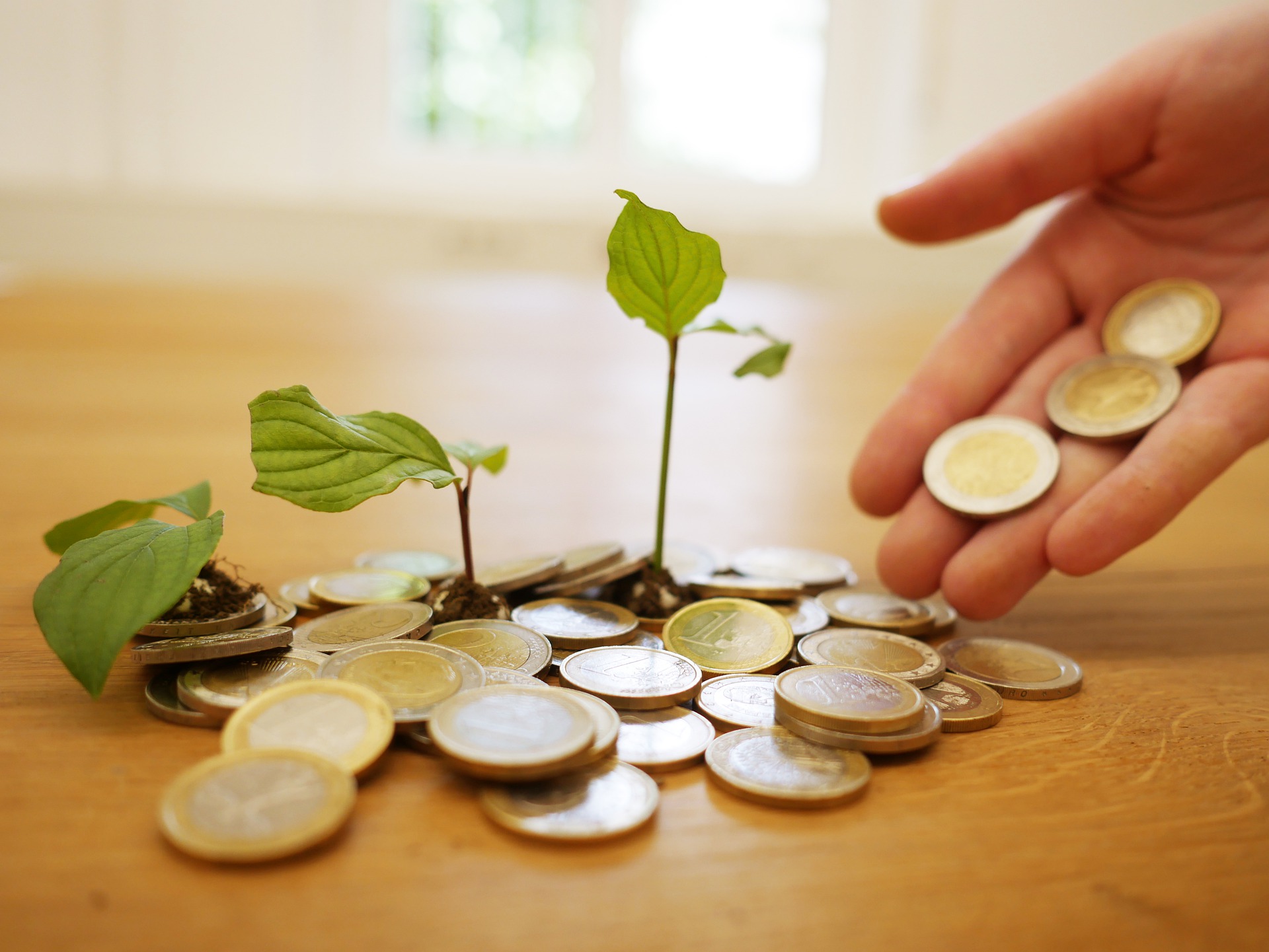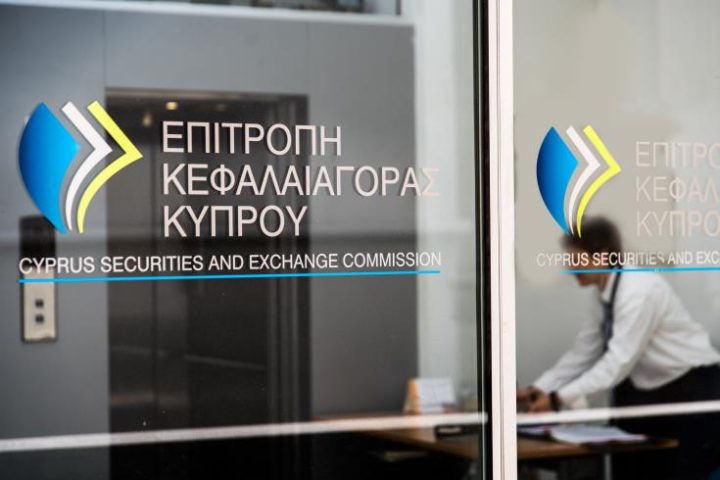Viable and Sustainable Development constitutes a business philosophy inextricably linked to every company’s social, economic, and environmental responsibility.
Sustainability reports are particularly important because they include the company’s accountability mechanism to all stakeholders, and these are not only financial organisations.
A company should clarify in simplified language what it does, how it does it, and to what extent it satisfies sustainability criteria, requirements, and obligations, as provided by the legislation.
Unquestionably, climate change is one of the biggest challenges of our time since its effects are already evident. Moreover, they can be devastating and permanent, both in the economy and society as we know them.
Businesses of the future follow sustainability requirements and regulations to innovate, compete, and synthesise new business models.
Innovation, change, and sustainability go hand in hand and offer powerful business opportunities.
The question that is often asked is: What does a company need to achieve its transition to a more sustainable way of doing business?
Sustainable Finance is the allocation of financial resources or the receipt of financial taxes in the context of sustainable and sustainable development.
By the term sustainability, we mean issues related to the environment, society, and corporate governance.
Sustainable Finance is how capital is moved and mobilised to achieve certain goals in this context.
With so much capital to mobilise, governments worldwide do not constitute the only funding source.
Hence, the importance of private investment.
There is an urgent need for governments, businesses, and banks to coordinate sustainability action plans – as this is a huge issue that cannot be managed in isolation.
The findings of a research conducted in 2021 by global Amsterdam conglomerate financial institution, ING, were particularly interesting.
The research evaluated the ever-increasing impact not only as a service provider but especially in connection with its investment trials in 450 companies and 100 institutional investors worldwide.
Based on the research findings, businesses are taking their share of responsibility in this effort.
An indicative 57% of the companies that participated in the survey sought to accelerate their plans for green transformation since 2021.
No matter what, it is an admitted fact that businesses and financial providers cannot achieve green transition on their own.
Cooperation with lenders
So how can companies realistically achieve their ambitious EU Green Deal goals?
Sustainable Financing highlights the need for companies to work with their lenders.
For most companies, a serious and meaningful actionable long-term sustainability plan involves transforming and evolving their existing business models.
It includes the development of entirely new business technologies and/or the increased use of Renewable Energy Sources (RES).
Each step will need a financing plan, so lenders have a key role in the changes needed to shift companies to sustainable growth.
That is why the banks are intensifying their efforts to diversify the sustainable financial instruments at their disposal.
In its research, ING finds that 73% of companies that have issued sustainable finance instruments have improved their ability to implement strong internal accountability metrics.
It also finds that 48% of investors believe that Sustainable Finance will be more effective than conventional Finance in driving the transition of carbon-intensive companies – whether through pioneering new technologies or creating cleaner business models.
Sustainable Financing and accountability
For businesses, the attractiveness of sustainable Finance is important for two reasons.
In the first stage, sustainable Financing ensures accountability (Disclaimers).
The European Union Regulation, EU SFDR, defined and applied the increasing requirements for the statements and/or disclosures made available to all stakeholders.
Many sustainable finance instruments require businesses to commit to specific environmental, social, and governance (ESG) goals.
In the second stage, the EU Taxonomy Regulation defines what is sustainable and what is not, as far as environmental issues are concerned.
The proper implementation and achievement of the objectives can offer better terms for loans linked to sustainability but also the opposite.
If there is no actual achievement, it may involve a financial penalty and a change in lending terms by financial institutions or government agencies.
The positive disposition of companies to secure Sustainable Financing is welcome.
For both banks and regulators, it offers a more robust set of tools to assess these companies for greenwashing.
By collaborating and leveraging these tools, sustainable results can be achieved as companies feel ready to invest in their change.
It would not be an exaggeration to say that averting the climate crisis depends on it.
By Nicole K. Phinopoulou, Lawyer, Corporate Commercial, Banking Finance, ESG, Sustainable Finance, LLB. LLM (UCL). LPC, CISL, University of Cambridge










